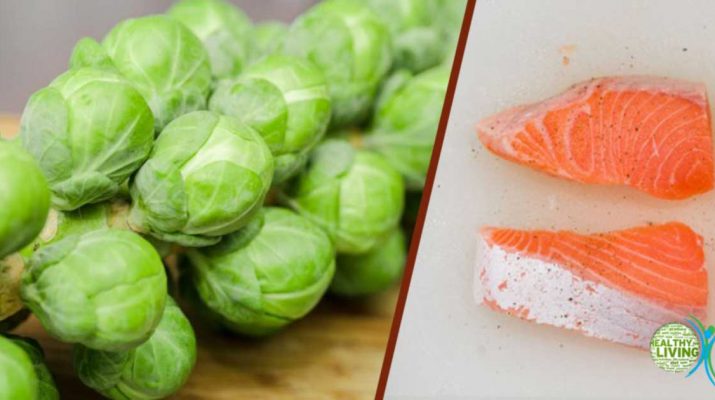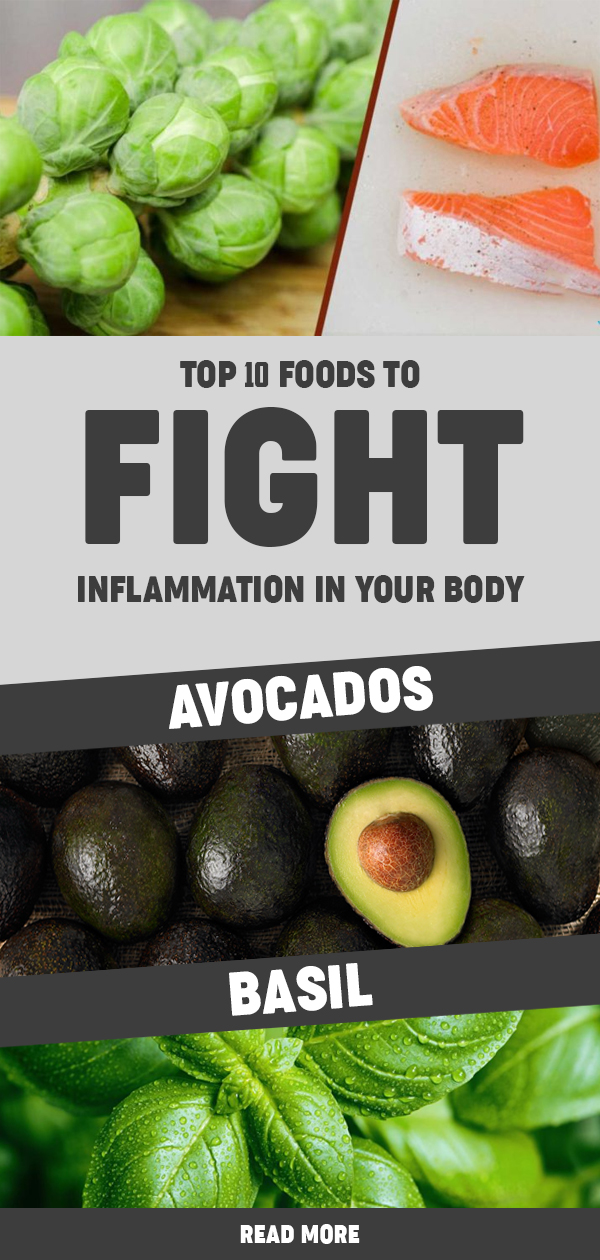Inflammation is not very dangerous, but if it advances, it can destroy everything. Acute inflammation happens when your body doesn’t have enough pathogens and the system starts protecting itself from potential harm.
While chronic inflammation, on the other hand, may influence allergies, acne, neurological disorders, intestinal problems, joint pains and autoimmune diseases, says the chairman of the Institute for Functional Medicine, Mark Hyman, MD.
Plus, he is the one who write 10-Day Detox Diet, a book still popular and helpful for detoxifying your body.
Furthermore, it is hard to avoid the sources of all these problems like sugar, saturated fats, environmental toxins, stress, and infections. That is why we need a properly balanced diet.
The Anti-Inflammatory Diet
Even though the modern diet today has beneficial properties and can protect the body from macro- and micronutrients, they contain a lot of calories that can cause inflammation, increased rate of cancer, allergic reactions and terrible control of infections.
As a result, the body becomes vulnerable to disease like an auto-inflammatory disease. Because of how many anti-inflammatory components certain foods contain, we can see how they can positively affect the inflammation.
If you want to reduce the inflammation, you should try eating more foods with omega-3 benefits, sprouted seeds, veggies, meats, and fruits. This way you can improve your immune system and live a healthier life.
10 Foods to Help with Inflammation
Here are some foods you can try to reduce inflammation:
1. Avocados
Avocados are an excellent source of fiber, potassium, magnesium and monounsaturated fats. Therefore, only half an avocado can give you the necessary vitamins you need. As such, it can be a great antioxidant with powerful anti-inflammatory properties.
So, add some slices of avocado to your salad, sandwich or guacamole.
2. Basil
If you want to cook a healthy meal, don’t forget to add some basil. According to a nutrition professor at Georgia State University, Christine Rosenbloom, basil should be a part of every meal you are trying to make, especially if you have problems with inflammation.
3. Sweet Potatoes
The sweet potatoes are rich in nutrients. Also, they are great for the skin, immune system, heart and even inflammation. Rosenbloom claims that these potatoes contain vitamin E and C, alpha- and beta-carotene, and anti-inflammatory properties.
As such, they could be very beneficial for the overall health.
4. Walnuts
Even though walnuts don’t contain any anti-inflammatory properties, they have the biggest concentration of omega-3s, polyphenols, and more than 10 antioxidant phytonutrients. Therefore, they could prove ideal for reducing inflammation, says Bazilian.
5. Celery
There are many benefits of celery, according to recent studies. They have anti-inflammatory and antioxidant properties which can improve cholesterol levels, blood pressure, and even protect from heart disease.
If you want to purchase it, you could buy a seed or simply plant it in your garden. Besides, it is useful for reducing inflammation and fighting off bacteria. As such, it is a great source of potassium, vitamins, and antioxidants.
6. Broccoli
These vegetables are extremely healthy for eating. It is no secret that you should consume them as much as possible.
After all, they are a valuable asset to your health.
Moreover, they contain magnesium, antioxidants, potassium, vitamins, carotenoids, flavonoids and anti-inflammatory properties. Therefore you should never avoid consuming them, especially if you want to battle chronic inflammation.
7. Cherries
Cherries are one of the most popular and loved food in the world. They contain anthocyanins and anti-inflammatory compounds. So, if you want to avoid inflammation, make sure you add the cherries to your everyday diet.
8. Salmon
This fish is more expensive than typical meat, but it is very important for reducing inflammation. It is a great source of omega-3 fatty acids. Therefore, you shouldn’t wait any longer. Instead, try adding the salmon to your everyday diet.
9. Herbs and Spices
These spices are a greed source of antioxidants. The antioxidants are the compounds that make the food feel tastier. In addition, you can use curcumin, curry, basil, or anything you like. This way you can boost inflammation.
10. Brussel Sprouts
These veggies are great antioxidants that can reduce inflammatory compounds. Furthermore, they might even be able to reduce the risk of developing cancer and heart disease.
Have you tried any of these foods? Tell us your opinions and share this article with friends and family.
Source: Today | Dr. Axe | Prevention | WebMD


